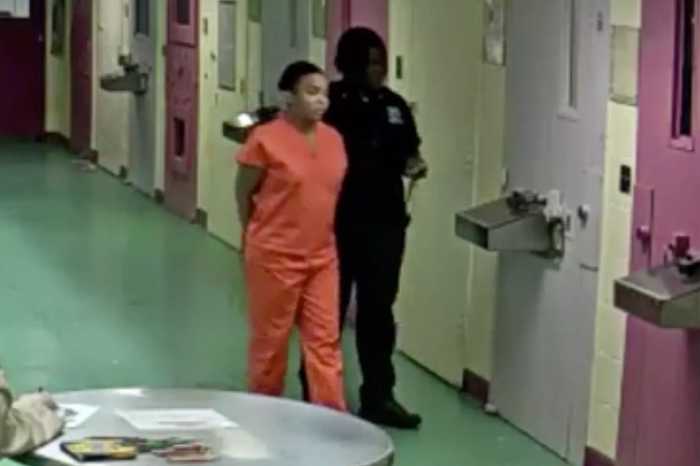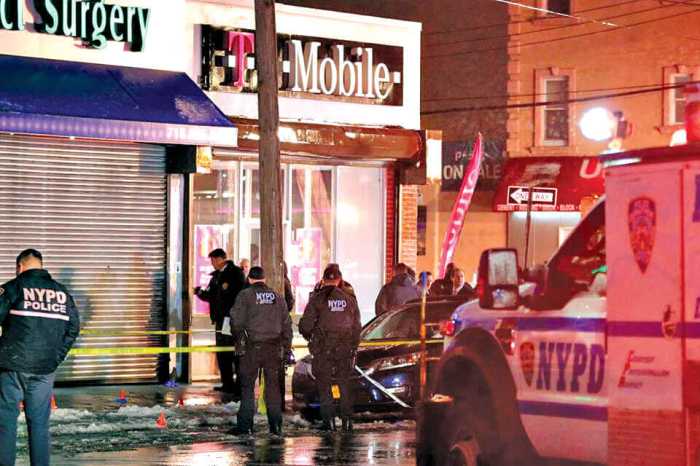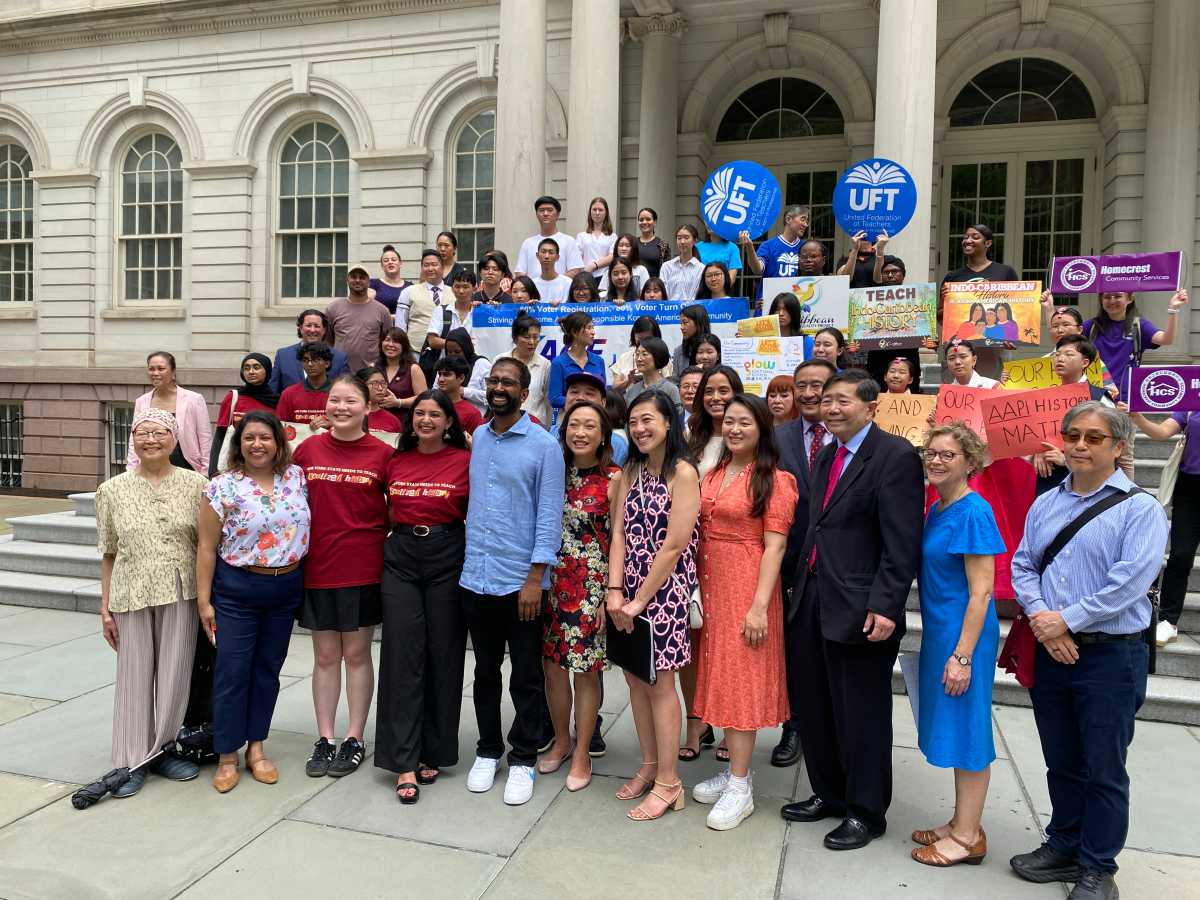After a week of conversations across the city and state about the dire situation on Rikers Island, Governor Kathy Hochul on Friday, Sept. 17 signed a bill that will release hundreds of detainees from New York City jails.
The measure, dubbed the Less is More Act (S.1144A/A.5576A) modifies the standard of evidence and certain other procedures when determining whether to revoke the community supervision of a person on parole.
Hochul also announced an agreement with the Department of Corrections and city to allow for incarcerated individuals who have been sentenced to at least ninety days to be transferred from Rikers Island to New York State facilities.
“Our fellow New Yorkers on parole deserve to reenter society with our support and respect – reincarcerating parolees for technical violations traps them and doesn’t help our communities,” said Hochul. “New Yorkers currently serving sentences in jails and prisons also deserve our support – there is no justice in mistreating incarcerated New Yorkers.
The conversation around the detainees started when jail deaths and corrections officers going AWOL made headlines, spurring visits from state senators and NYC Public Advocate Jumaane Williams. Though emptying Rikers was off the table, this bill will stop detainees on parole from being sent back to jail on non-criminal offenses.
PoliticsNY reported that Attorney General James began looking into the suicide rates at Rikers this week, and Mayor Bill de Blasio ordered corrections officers to show up or face suspension. He also wants to add more correctional officers to the island to oversee the situation.
This is the only action that actually removes the incarcerated from unsafe conditions witnessed by many lawmakers. In March, the Department of Corrections will officially begin the process—but 191 inmates will be favored right away, since Hochul has ordered DOCCS to release them if they no longer qualify under the new law.
“Reincarcerating parolees for technical violations traps them and doesn’t help our communities,” Hochul said.
Rikers protests over the past month had a central theme: Free them all. This isn’t happening, but Hochul’s decision to align herself with decarceration will not go unnoticed.
The ACLU of New York’s Executive Director Donna Lieberman released a statement, saying that it’s past time for reform of the parole system.
“We are heartened to see Governor Hochul listening to people on parole, their families, and those experiencing a humanitarian crisis on Rikers Island at this very moment, and hope New York City and state will now take immediate action to reduce inequity within our broken criminal legal system,” Lieberman said.
Williams, who has visited Rikers this week, also applauded the governor, and suggested more decarceration moves to reform the prison system. “We need the city to grant low-level offenders supervised release, and early and compassionate release options should be exercised,” he said, and urged the mayor and the governor to visit Rikers immediately. De Blasio recently promised to do so before his term ends.
Ideas of decarceration, like the concept of defunding the police and reallocating the money into social services, leans to the left of the political spectrum. The decision did not go over well with New York’s Republican leader Nick Langworthy.
“[Hochul] just released nearly 200 criminals back onto our streets and made it easier for convicted criminals who violate their parole to stay out of jail,” Langworthy said in a statement. “She’s been governor less than a month and she’s already made every single New Yorker less safe.”
Safety is still top of conversation in the battle over Rikers. Witnesses said they saw someone try to commit suicide, and saw others who were possibly awaiting trial, meaning they were not convicted, standing in their own filth.






































